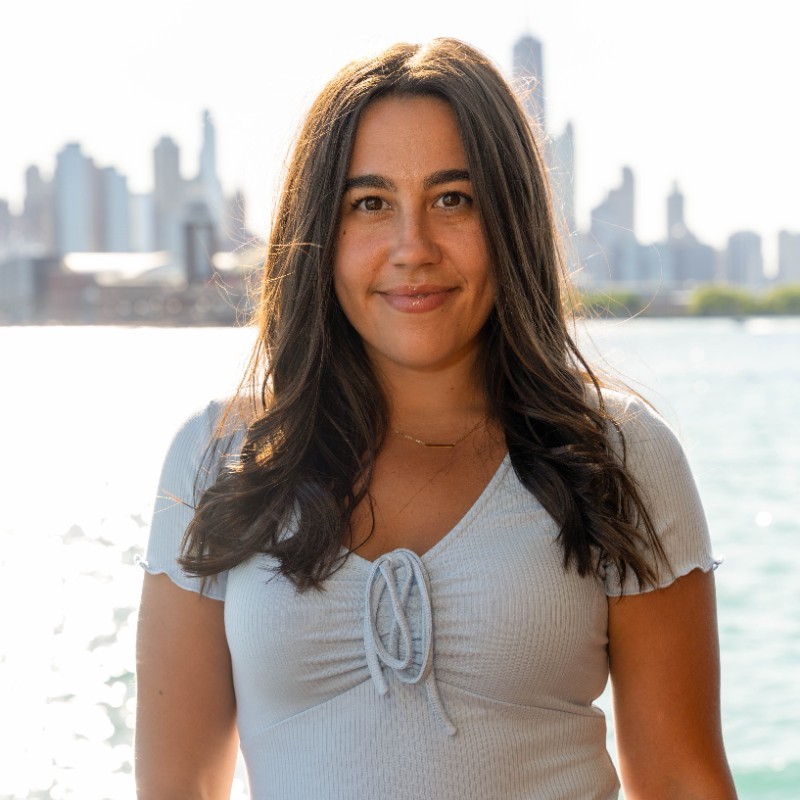Many industries are notoriously bad for women; notably, tech. But the learning and development industry doesn’t seem to fall into the same category.
Kathy Gallo, SVP and CLO at Northwell Health, said she didn’t face any obvious challenges in her career because of her gender. “Was there something going on that I wasn’t aware of? I don’t know, but I never felt that because of being a woman, I was not getting either the appropriate roles, compensation or voice in the organization,” she said. “I sat around the table at the C-suite.”
Gallo, a baby boomer, said the workplace is totally different for Gen X women and millennial women starting their careers than when she started hers. “There was never the attention and focus there is today around diversity, glass ceilings and the knowledge that the more diverse the team is, the better the decisions are for the company,” she said. “Organizations are going to have to create cultures and environments where women can move through a pathway. Women on the boards and women in senior executive roles can help create the environment and the culture necessary for an equitable workplace.”
Jenny Dearborn, CLO at SAP and a Gen Xer, agreed that her gender didn’t help or hurt her through her career. “I have always found doors open and people eager to coach, mentor, support and promote me,” she said. “If I worked for a company with horrible gender metrics, they knew it, and they were actively trying to do something about it.”
Niki Lustig, director of learning and development at GitHub and a millennial, said she doesn’t think her gender has played a role in her development, especially because she has mostly worked with women. “The first three L&D teams that I was part of and helped build out we’re all started by women,” she said.
Lustig said she felt like she most stood out as a woman when she started her career at IBM in learning technology. “I was often one of the only women and usually one of the youngest by about 30 years,” she said. “There were instances when I would go to client’s sites that we’re a little less traditional … like a manufacturing supply system. Being a young woman in a warehouse, probably didn’t help me and often could make [me] uncomfortable.”
Throughout her career, Lustig said she has experienced microaggressions, such as being interrupted, asked to order food, asked to serve on “special task forces” without credit and evaluated on her current skills rather than potential (as men often are). But Lustig attributes these to being a woman, not toward any particular industry.











